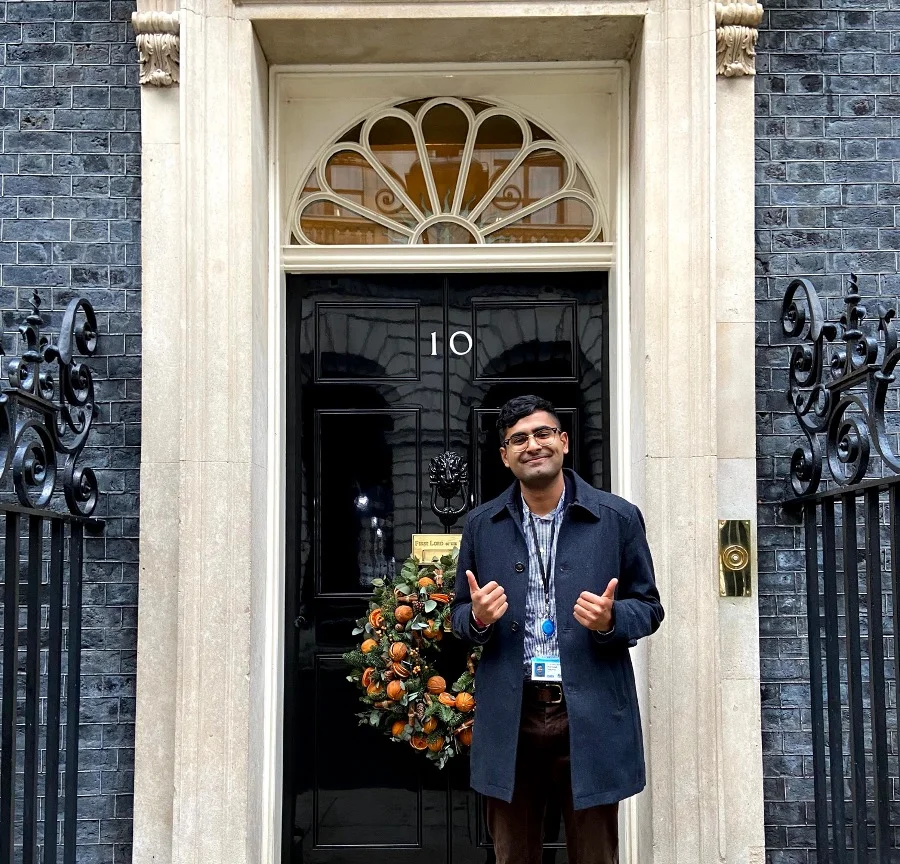You’ve spent time with you coachee and you’ve come to the end. What do you talk about? It’s the perfect time to reflect on the journey they’ve come on. Review their goals, actions, and the impact it has had. Celebrate your coachee for the work they’ve put in. As this is the last session, don’t set actions or goals as you will not be following up with the coachee. If the coachee wants to set new goals that is up to them.
Coaching diamond
Reflecting on my own journey, each week I’ve refined my coaching approach. I wanted to document some thoughts below I had around the GROW model.
You can think of coaching like a diamond:
- set the scene and the outcome
- ask lots of goal and reality questions
- check in with your coachee about their outcome
- talk about their options
- talk about will and intention.
- end with reflection and a final time check. See how the coachee feels about their goal and outcome.
 Photo by Pixabay from Pexels: https://www.pexels.com/photo/aerial-view-of-baseball-field-264279/
Photo by Pixabay from Pexels: https://www.pexels.com/photo/aerial-view-of-baseball-field-264279/
A new GROW approach
As part of our training, we need to practice many times. The best thing about doing this is that you can experiment and learn how others coach. The following is an amalgamation of learnings from those sessions.
-
Set expectation: Are you comfortable? Everything you say is confidential. Set expectation of time with coachee.
-
Goal: Where do you want to get to? What’s the impact of achieving this? Where do you want to be in 3-6 months? Where do you want to be in 1 month? Picture you in the future, what does it look like? When do you want to achieve this? How would you like to feel? Month down, how do you know you would have achieved it? What is the real focus for you here? That’s a big goal, where do you want to be in 20 mins? Say the goal in a few words? What’s the timeframe for this? How do you feel about this goal? Keeping your goal in mind, where do you want to get to at the end of this session?
-
Reality: Where are you now? What’s happening now? What’s helping you? What’s stopping you? How important is it to you? Where on a scale of 10 are you? How do you feel now/after that action? What’s the impact on you now?
-
Options: How can we get you to 10? What could you do? Is that the right action for you? What else? What more? What have you done to move forward on this? What’s the first step? Who can help you with this?
-
Will: What will you do? How committed are you? Can you recap? What are your key takeaways from our time together? How did you find that session? How has this conversation been? Where did we get in relation to your goal? How do you feel about these actions? Does the goal still hold true? Anything else you want to add before we finish?
Limiting beliefs
We’ve all had moments where we think we’re not good enough. Your mind focuses on the negative, it lowers your energy. Experiences can condition us to feel these thoughts.
Words like the below are negative:
- I can’t
- never
- always
- won’t work
- forget
- can’t
- I’m hopeless at
- impossible
- not in my lifetime
- not worth it
Take this real example, of me in a project.
I think I’m not good at finance…
The assumption is that all finance work is complicated and hard.
The truth is, the current project is hard. Others would struggle due to the complexity. I’ve got an A in mathematics, and I am fine on other projects!
Challenging beliefs
Limiting beliefs can be draining. And it impacts your life. Coaching can help people overcome this:
- how do you know your belief is true?
- in what situations has it not been true?
- how does your belief impact you?
- how does it serve you?
- how relevant is the belief to you?
- what belief would support you better?
- what do you notice about your language?
- if you knew X what would you do differently?
Reflections:
- check in with coach and remind them when they are halfway through. If running out of time, try “given that we have 5 mins left, what would be most useful for you?” Or “how would you like to use that time?”.
- it’s ok to not reflect back what the coachee says every time. Pick your moments. It can frustrate the coachee if you overdo it.
- spend time defining the goal and reality. It’s the North Star and helps to set a direction.
- asking “Where do you want to be in 1 month?” helps to break down the goal so it’s more focused in the time you have.
- if when asking a scale question and someone gives a low number, depending on the context, it is helpful to reframe as a positive and remind the coachee that they’ve made progress. As an example, “great you are a 4, what’s helping?”.
- on the topic of positivity, sometimes a coachee might use negative words like ‘not’. Reframe and say, “not yet achieved”. The ‘yet’ is key.
- it’s inevitable the coachee brings a big goal. That’s ok. Try and help the coachee break it down. Ask “What is the real focus for you here?”.
- it can help to have a stopwatch to keep time as you need to respect their time as well as yours.
- the 80/20 rule is a good one to follow. The coachee should talk 80% of the time, and the coach 20%. Use silences, they are your friend.
- don’t tell people their beliefs are wrong it can put their walls up. Use the challenging belief approach to get them to open up.
- ask one question at a time! Don’t ask many questions at the same time.

